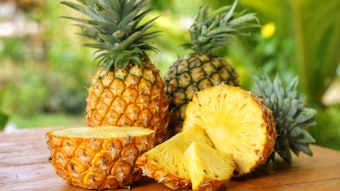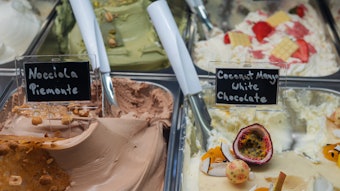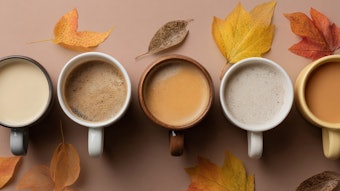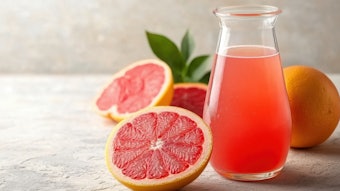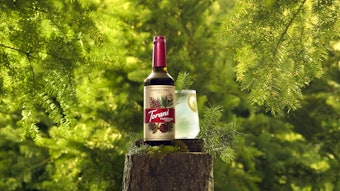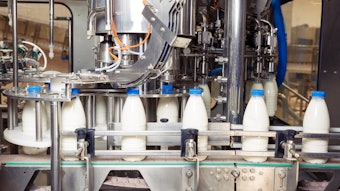According to phrases.org.uk, the term "You are what you eat" originated in 1826 with Jen Anthelme Brillat-Savarin, a French lawyer, politician and gastronome who used it in this book Physiologies du Gout, ou Meditations de Gastronomie Transcendante. Later the term was used by Ludwig Andreas Feuerbach, a German philosopher, in his essay, Concerning Spiritualism and Materialism, 1863. It is believed the English phrase emerged in the 1920s and 1930s when Victor Hugo Lindlahr, an American nutritionist known for the catabolic diet, used it on his radio show. Lindlahr's book You Are What You Eat: How to Win and Keep Health with Diet was published in 1942, which popularized the phrase.
Today, the terms is often used by consumer packaged goods manufacturers to market their functional flavored and fragranced products including food, beverage and beauty care products. This phrase helps highlight and communicate beneficial culinary ingredients for the inner and outer body. Caviar, argan oil, yumberry, kombucha and spirulina are a few examples of promising food ingredients that manufacturers and marketers are currently using in products on both sides of the flavor and fragrance industry.

